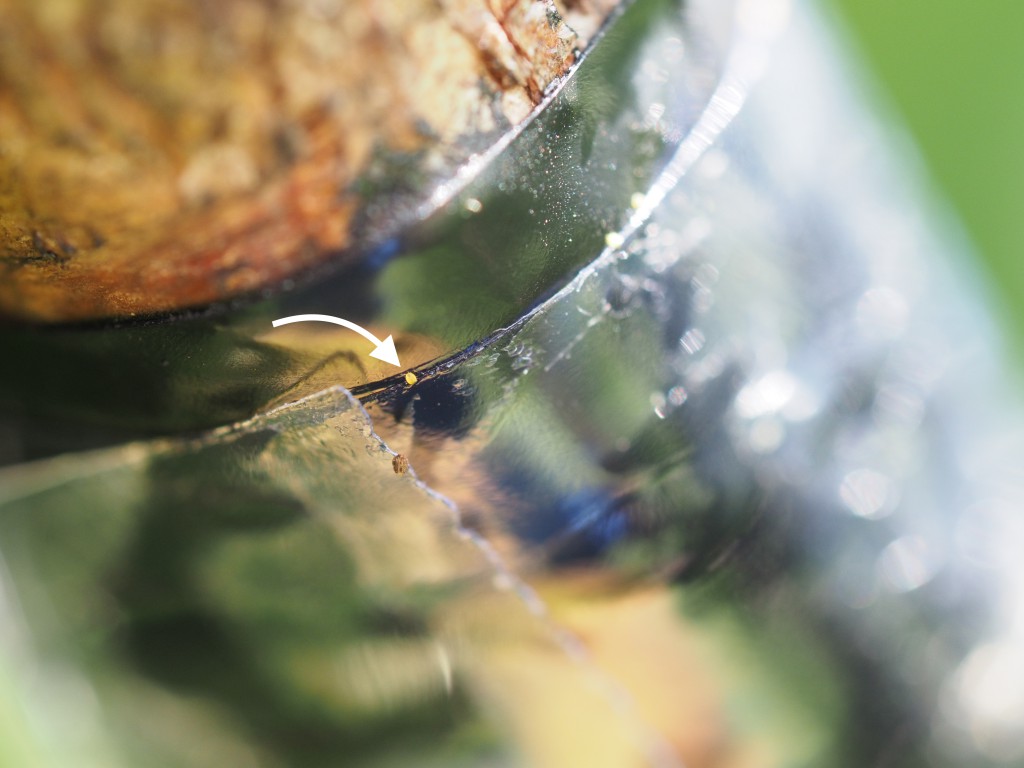By Clint Thompson
The looming deadline for revocation of tolerances for the use of chlorpyrifos (lorsban) means peach tree producers have a little more than two months to find alternatives in managing two pests.

According to Brett Blaauw, assistant professor at the University of Georgia (UGA) College of Agricultural and Environmental Sciences, the ban of chlorpyrifos will impact growers differently when managing San Jose Scale and peach tree borers.
“Starting March 1, we can’t use chlorpyrifos anymore. That will impact San Jose Scale. For Scale, as long as growers are still using dormant oils at high volume to get good coverage, that should really help keep San Jose Scale pressure down. Then mixing it in with a delayed dormant application of insect growth regulator, that can also help keep those populations low,” Blaauw said.
Peach Tree Borer Management
However, the management plan for peach tree borers is more complicated.
“That was pretty much the only thing (against peach tree borers) we had that was easy to apply, cost effective and just easy attainable. We have a couple of good alternatives. The mating disruption that’s been researched by UGA and USDA shows real good efficacy against peach tree borer and lesser peach tree borer,” Blaauw said.
Growers can place pheromones in the orchard that stop the males from finding the females.
“The main problem with that is it has to be on a very large-scale acreage for it to be effective. In areas like middle Georgia where there’s peaches everywhere, it’s almost like you have to have all those trees under disruption for it to work. In areas where it’s less densely planted, like in the upstate of South Carolina and upstate of Georgia where you have small peach orchards isolated from each other, the mating disruption can work really well on its own.”
Peach tree borers that live in undisrupted orchards can still mate and move into a disrupted orchard and lay eggs and continue to cause problems.
EPA Ban
The revocations of the tolerances for all commodities goes into effect six months after the Environmental Protection Agency’s (EPA) ban. Registered uses of lorsban are legal until March 1. It is important to keep records of applications as proof. Any application of chlorpyrifos to a food crop, such as peaches, after Feb. 28 will render the crop adulterated. It can’t be harvested and sold.









